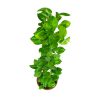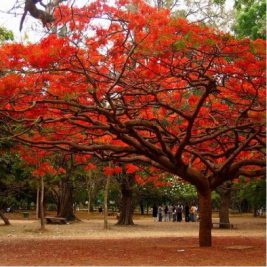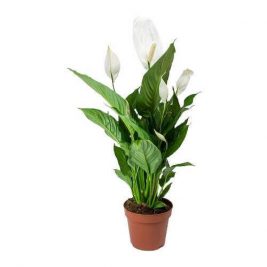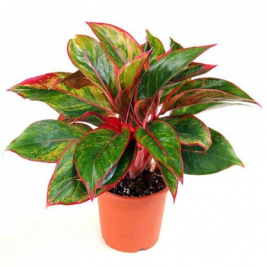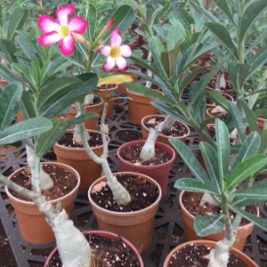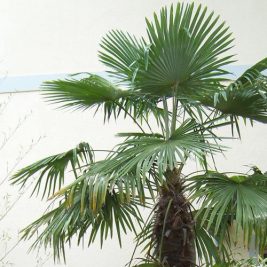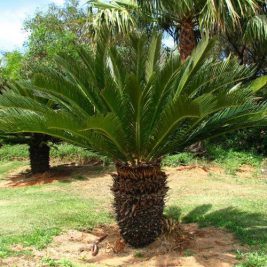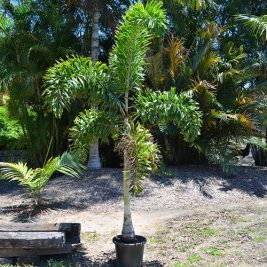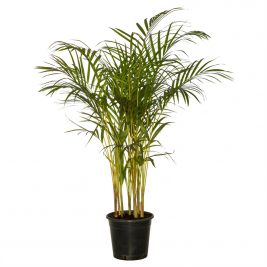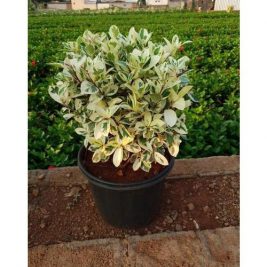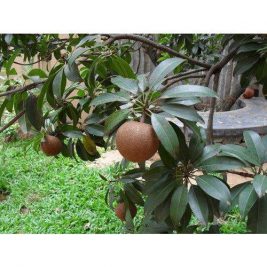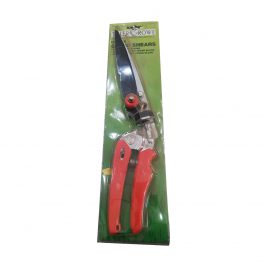3 items, ₨1,497
All Products
-
₨1,800
Height around 1 ft.
Delonix regia is a species of flowering plant in the bean family Fabaceae, subfamily Caesalpinioideae. It is noted for its fern-like leaves and flamboyant display of flowers.
-
₨1,799
NOTE: The flower blooms only during the blooming Spring season under sunlight, though it is a low shade plant
Spathiphyllum is a genus of about 40 species of monocotyledonous flowering plants in the family Araceae, native to tropical regions of the Americas and southeastern Asia. Certain species of Spathiphyllum are commonly known as Spath or peace lilies.
-
₨1,699
pot size 12 inches
One of the easiest of all deluxe houseplants to grow, multicolored aglaonema is also one of the most stylish and exotic . A relatively new variety to the houseplant world, this stunner shows off dark green leaves elegantly flushed with bright red or pink or green , or even combines. Its colorful foliage makes multicolored aglaonema a perfect home-decor accent
-
₨1,699
Height : 1-2.5 ft\
12-inch size pot
Adenium. Adenium is a genus of flowering plants in the Apocynum family, Apocynaceae, first described as a genus in 1819. It is native to Africa and the Arabian Peninsula.
f you want to grow it big in a pot, ensure that the plant has enough soil. In fact for proper growth, you must re-pot it in a large container. They do equally well whether these are kept outdoors or indoors.Keep soil moderately moist in spring and summer, but reduce watering in fall and especially winter when the plant is dormant.
-
₨1,499
Height around 3ft- 4ft
16 inches pot
The Chinese fan palm, or fountain palm (Livistona Chinensis), is a hardy, slow-growing tree that derives its nickname from the fountain-like way its leaves droop down from the crown. Their leaves grow in circular, segmented fans, and develop spines when they’re young that they lose as they mature.
Chinese Fan Palm Care. Water: Water thoroughly then allow soil to dry slightly between waterings. Water less in winter when growth has slowed. Use filtered or distilled water because tap water may contain fluoride, chlorine and other chemicals that can damage palms.
-
₨1,400
Cycas revoluta, Sago palm, or Kangi Palm is a species of gymnosperm in the family Cycadaceae, native to southern Japan including the Ryukyu Islands. It is one of several species used for the production of sago, as well as an ornamental plant.
they are a little dangerous due to pointy ends of the leaves so precautions are required. Yet they they seem the best choice for a person who prefers the bold and the beautiful.
-
Original price was: ₨1,699.₨1,399Current price is: ₨1,399.
Pot Size: 16 inches
Wodyetia bifurcata, the foxtail palm, is a species of palm in the family Arecaceae, native to Queensland, Australia. It is the sole species in the genus Wodyetia.Foxtails are fast growers, reaching an ultimate height of about 30 feet. They’re best suited for Zone 10, though areas of Zone 9B that closely border Zone 10 will work with normal winter temperatures.
-
₨1,399
Height: 3 ft -5 ft
Pot Size : 12 inches
The Cane Palm is also known as golden cane palm, yellow palm, or butterfly palm. lutescens grows 6–12 m (20–39 ft) in height.The leaves are arched, 2–3 m (6 ft 7 in–9 ft 10 in) long, and pinnate, with 40-60 pairs of leaflets. It bears panicles of yellow flowers in summer.It is grown as an ornamental plant in gardens in tropical and subtropical regions, and elsewhere indoors as a houseplant.
-
Original price was: ₨1,500.₨1,300Current price is: ₨1,300.
Pot Size: 14 inches
Ficus is a genus of about 850 species of woody trees, shrubs, vines, epiphytes and hemiepiphytes in the family Moraceae. Collectively known as fig trees or figs, they are native throughout the tropics with a few species extending into the semi-warm temperate zone
-
₨1,300
Height around 1ft
Will be provided in plastic.
Manilkara Zapota, also commonly known as Sapodilla, Sapota, or Chikoo, is a long-lived, evergreen tree native to southern Mexico, Central America and the Caribbean. An example natural occurrence is in coastal Yucatán in the Petenes mangroves eco-region, where it is a subdominant plant species
-
₨1,200
Pruning shears, also called hand pruners, or secateurs, are a type of scissors for use on plants. They are strong enough to prune hard branches of trees and shrubs, sometimes up to two centimetres thick
-
-
Contact UsYou may connect with Team Greene at 0330-3450001
-
After SalesEven after Sales, Greene is there for you !!!
-
Return PolicyIf Product has a fault, Greene Returns *(T&C)
